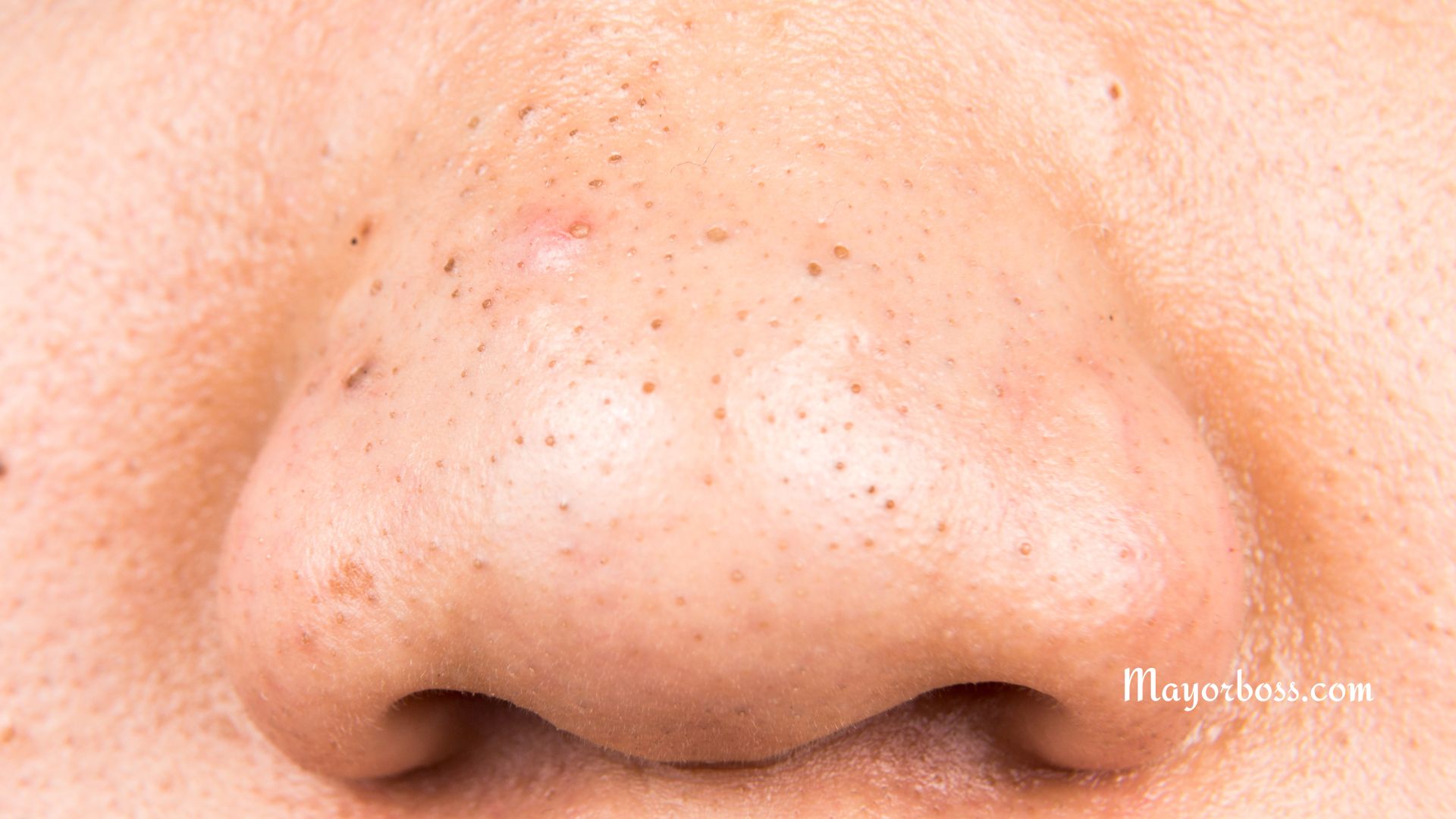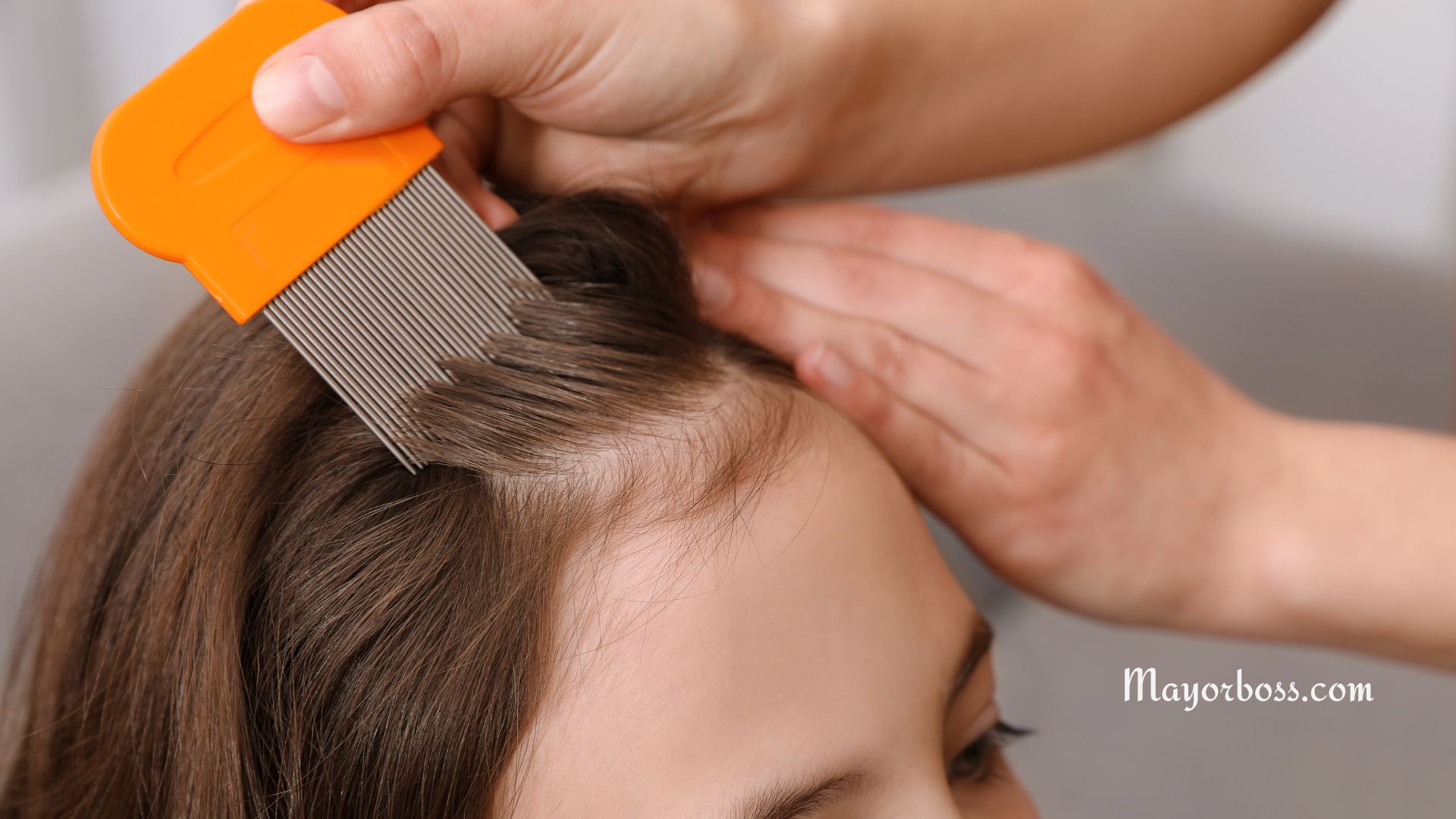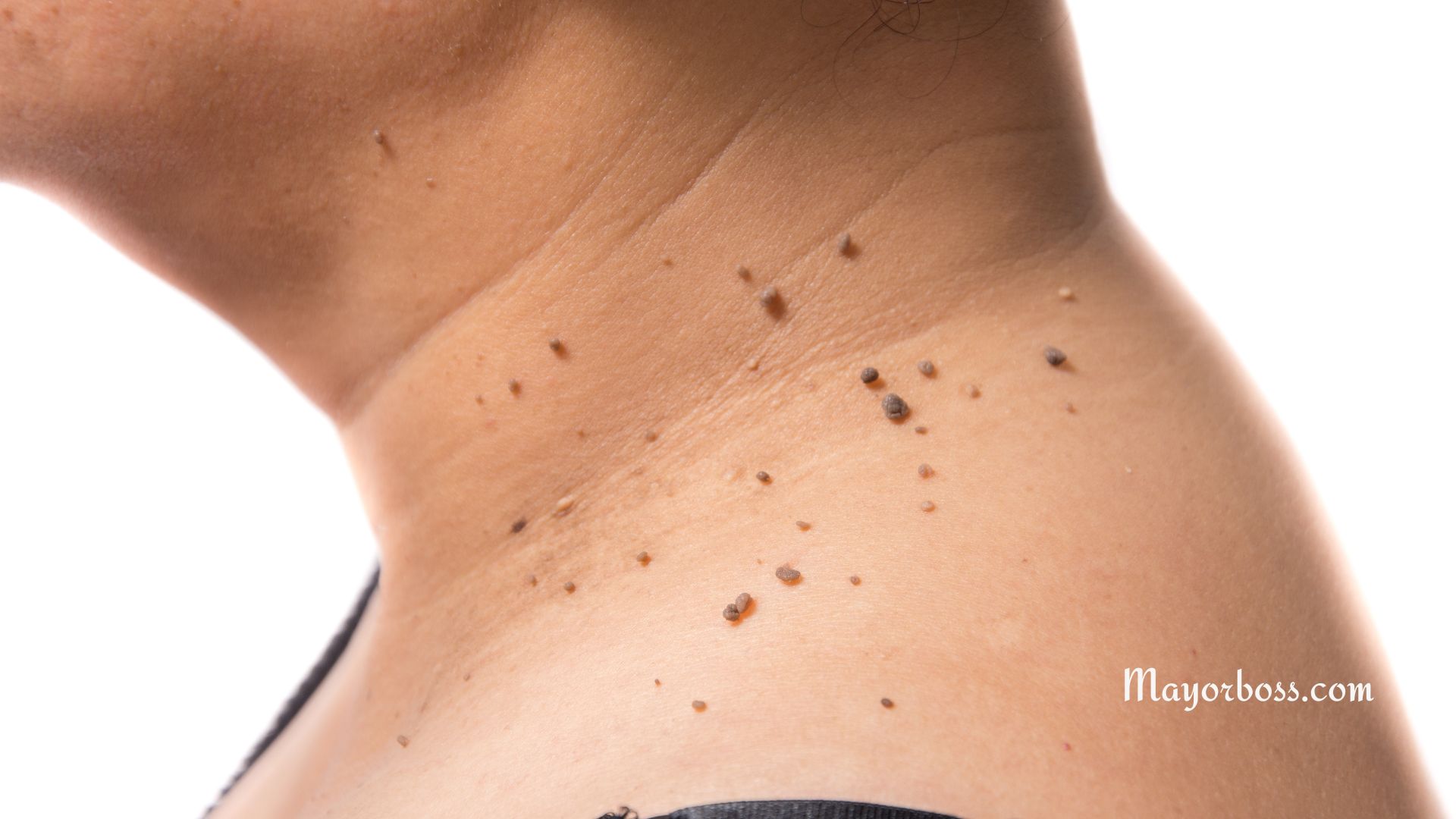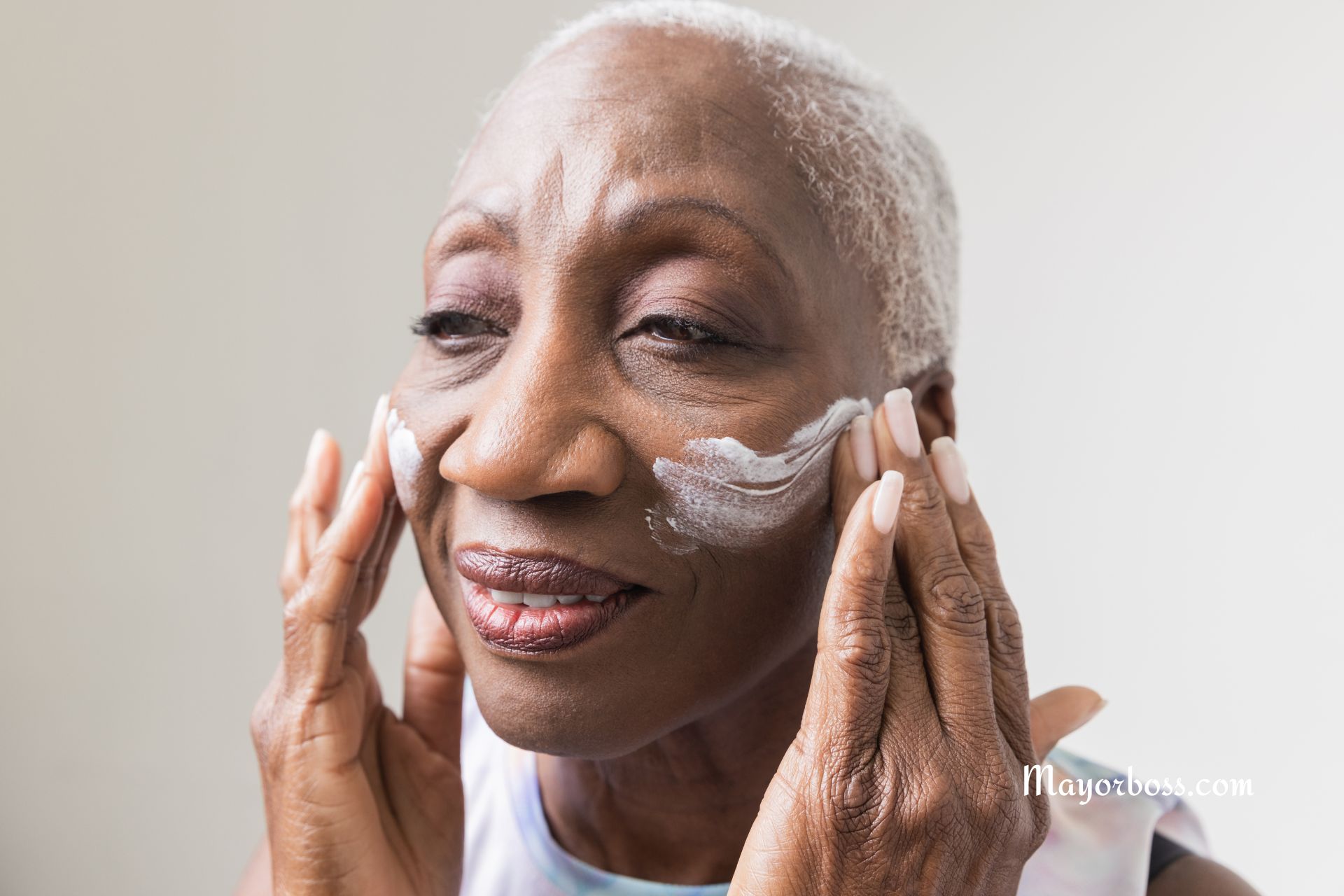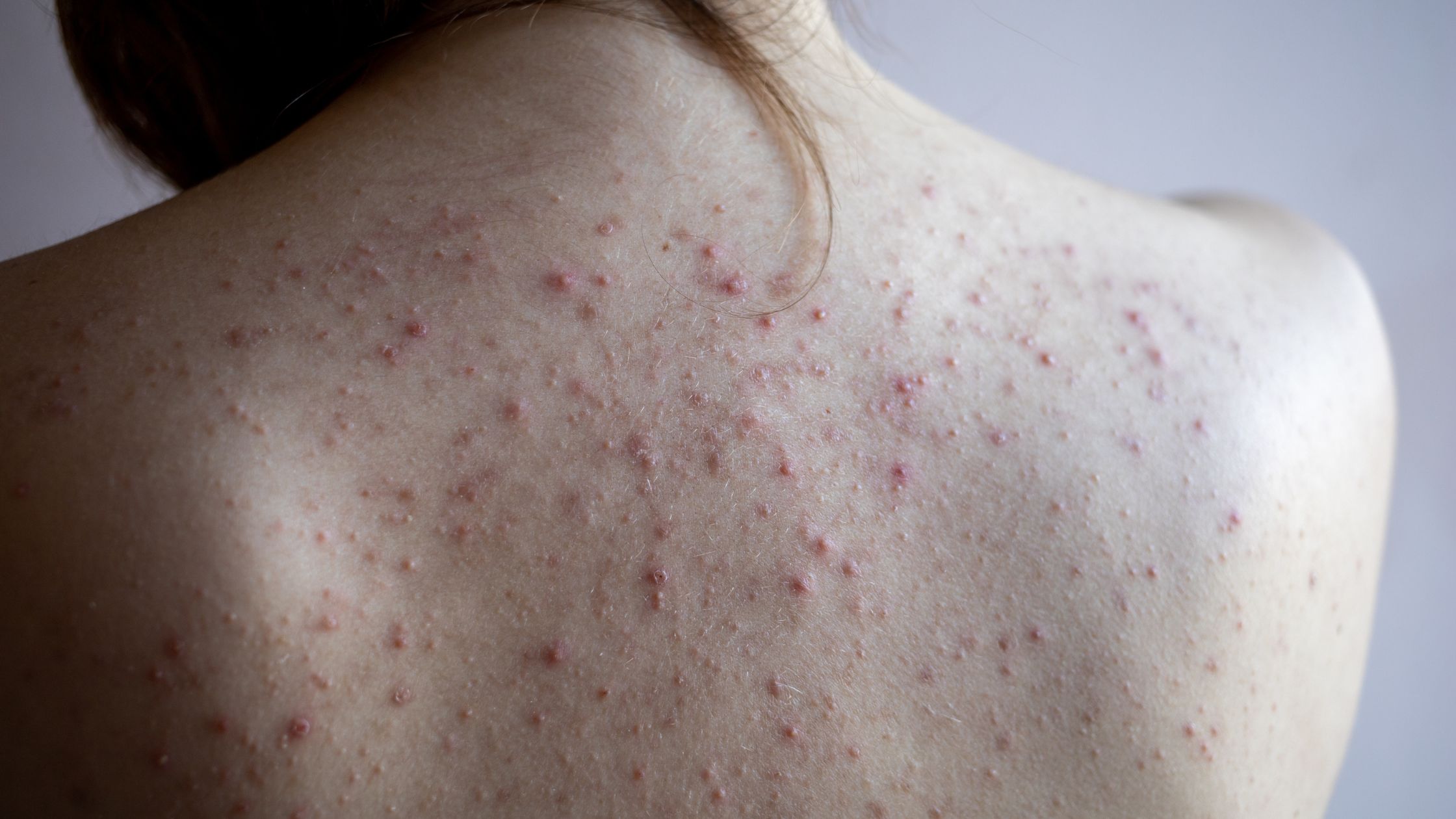How to Get Rid of Itchy Skin
If you’re dealing with itchiness that just won’t quit, you’re probably wondering what you can do to get rid of it once and for all. While there are many possible causes of itchy skin, there are also many things you can do to find relief.
Let’s take a look at the ways to get rid of itchy skin
1. Avoid scratching
We know this one is easier said than done when the itch is driving you crazy. But try to resist the urge to scratch as much as possible, as this will only make the problem worse by causing further irritation and possibly even leading to an infection. If you must scratch, do so lightly with your fingers.

2. Apply a cold compress
One of the quickest ways to stop the itch is to apply a cold compress to the affected area. The cold temperature will help to numb the nerve endings and provide some relief. Simply apply a cold, damp cloth to the area for a few minutes. You can also try putting a frozen bag of peas or corn on the affected area for a few minutes at a time. Just make sure to wrap it in a towel, so you don’t end up with an ice burn.
3. Take an oatmeal bath
Oatmeal contains compounds called avenanthramides that have anti-itch and anti-inflammatory properties. Adding oatmeal to your bath can help to soothe itchy skin all over your body. Just add 1 cup of plain, uncooked oatmeal to your bathwater and soak for 15-20 minutes. For more itch relief, try using an oatmeal soap when you get out of the tub.
4. Moisturize regularly
Dry skin is more prone to itching, so keeping your skin moisturized is important if you want to keep the itch at bay. Look for lotions or creams that contain ingredients like glycerin, hyaluronic acid, or urea, which can help attract and lock in moisture. Be sure to apply your moisturizer right after bathing while your skin is still damp so it can better absorb the product. And don’t forget about other areas that tend to be dry, like your lips, hands, and feet. Use a lip balm or hand cream regularly to prevent dryness and itching in those areas.
5. Avoid taking a long hot shower bath
While a hot shower may feel good at the time, it’s not doing your itchy skin any favors. Hot water can strip away natural oils from your skin, leaving it feeling dry and irritated. To help prevent dryness and itchiness, stick to lukewarm water when showering or bathing and limit yourself to no more than 10 minutes in the tub or shower.
6. Use over-the-counter anti-itch creams or ointments
These products can provide temporary relief from itchiness caused by dry skin or minor skin irritations like rashes or insect bites/stings. Look for products that contain ingredients like menthol, camphor, hydrocortisone, or calamine lotion. Just be sure to read labels carefully before applying anything to your skin, especially if you have sensitive skin or are pregnant/ breastfeeding, as some ingredients may not be suitable for certain people.
Always keep in mind that many anti-itch products are available without a prescription at your local pharmacy. However, stronger medications may require a visit to your doctor, depending on the severity of your symptoms.
7. Use a humidifier
If the air in your home is dry (which is often the case in winter), using a humidifier can help add moisture back into the air and relieve itchy skin. Place humidifiers in key areas like your bedroom and living room, where you spend most of your time indoors, to help reduce itchiness caused by dry air. Just be sure to clean them regularly according to manufacturer instructions to prevent mold and mildew growth.
8. Wear loose, comfortable clothing
Tight clothing can irritate already itchy skin, so it’s important to wear loose-fitting, breathable fabrics like cotton. Avoiding scratchy materials like wool will also help to minimize discomfort.
9. Avoid irritants and allergens
One of the best ways to prevent itchy skin is by avoiding things that can irritate or allergic reactions in your skin in the first place. If you have eczema, for example, things like fragrances, laundry detergent, harsh soaps, and even certain fabrics can trigger flare-ups. Pay attention to what makes your skin itch and avoid those things as much as possible. If you’re not sure what’s causing your itchiness, consider seeing an allergist or dermatologist for help identifying potential triggers.
When to see a dermatologist
If self-care measures don’t relieve your itchiness or you have additional symptoms like redness, swelling, blistering, or drainage, it’s time to see a dermatologist. You should also see a doctor if your itchiness is accompanied by a fever or spreads beyond one area of your body.
KEEP READING: How to Treat an Itchy Scalp

